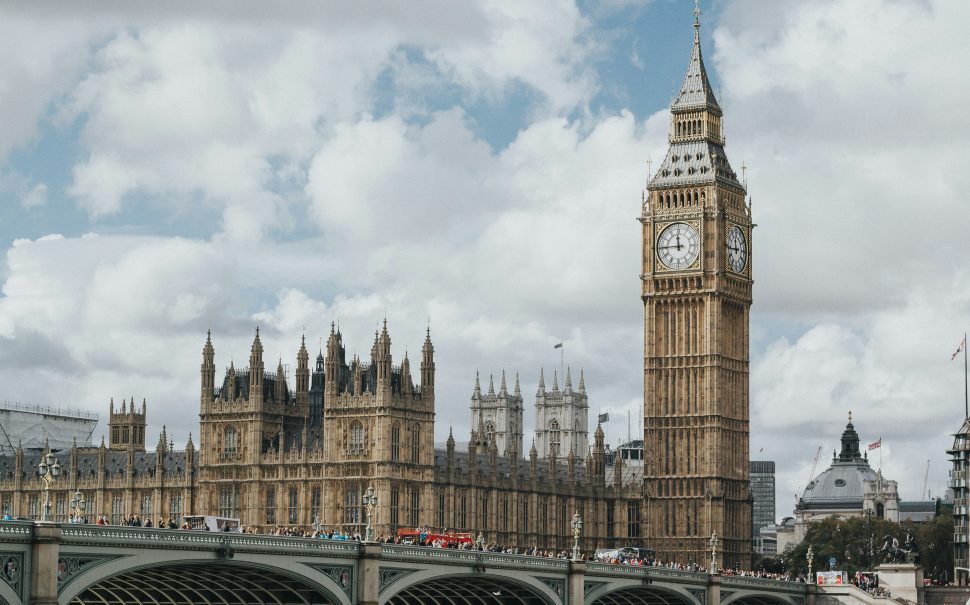Trust in politicians and confidence in Britain’s system of government has hit a record low according to the latest British Social Attitudes survey.
The findings point toward the scale of the challenge facing the winner of the upcoming general election on July 4 as faith in government has plummeted and the public become increasingly inclined toward constitutional change.
The British Social Attitudes survey, published by the National Centre for Social Research in London, is conducted annually and has measured public opinion on social and political issues since 1983.
Ian Montagu, senior researcher at NatCen, said: “More people than ever before don’t trust the government to put the needs of the nation above the interests of their own party.
“At the same time, people are doubtful as they have ever been about whether government takes into account what they think.”
Public trust has fallen across a range of measures as 45% would “almost never” trust administrations to put the national interest before political party interest.
Trust in politicians to tell the truth when in a tight corner has also fallen to levels similar to those recorded in the wake of the MP’s expenses scandal in 2009.
Much of this has been fuelled by some of the policy challenges facing the government since the 2019 election amidst a cost-of-living crisis, long NHS waiting lists and disillusionment with Brexit.
Montagu explained: “What we’re seeing is the substantial policy challenges that have faced government since the last election playing an important role in the erosion of trust and confidence in Britain’s political system.”
Despite a boost in trust and confidence among Leave voters in the wake of the Brexit withdrawal agreement in 2020, the data suggests that many Leave voters feel that Brexit isn’t what they expected, reversing that trend.
Brexit is perceived more negatively with 71 % of the public thinking the economy is worse off as a result of the UK leaving the EU, up from 51% in 2019.
Further disappointment has stemmed from promised economic benefits, parliamentary sovereignty and lower immigration.
People struggling financially amidst a cost-of-living crisis and those dissatisfied with the NHS were also found to have lower levels of trust and confidence in government.
Of those dissatisfied with the NHS, 86% believed the system of governing Britain required significant improvement.
The increase in support for constitutional change was one of the most concerning implications of these findings for British politics, according to Montagu.
He said: “This increase in support for changing the system of how Britain is governed might be seen as symptomatic of a system of government that is under strain.
“It’s a sign of just how important trust and confidence in government and politicians can be if people are to keep faith in the rules that govern Britain’s democracy.”
A record 53% now support changing the electoral system and is as high as 62% amongst those who almost never trust governments.
The survey also suggests the resignations of two prime ministers, Boris Johnson and Liz Truss, in a matter of months may have also served to undermine trust and confidence further.
Of the 2019-24 Parliament, NatCen called it one of the most politically turbulent and economically challenging of the post-war period.
Looking ahead to the next government, Montagu warns more might need to be done than simply addressing challenges around policy to “turn this picture around”.
He said: “It might need to display a style of governance that persuades people that it has their interests at heart.”





